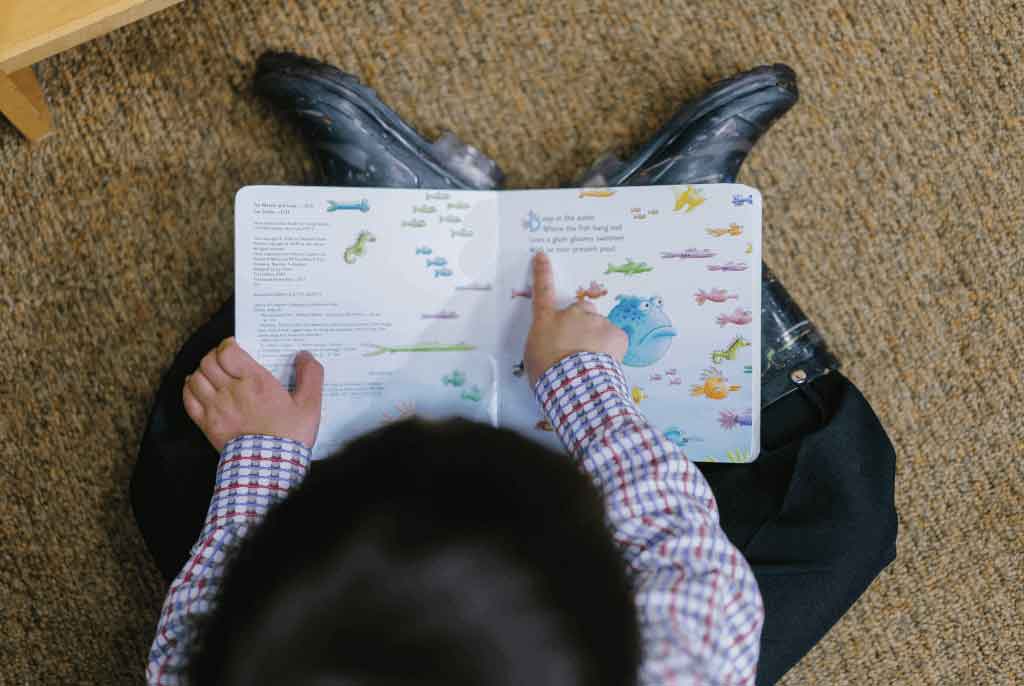What do clients and kids have in common?
The planet found itself gripped by a virus that knows no boundaries, democratic nations wilfully complied with imprisoning STAY AT HOME pleas, and ordinarily over crowded bustling cities were brought to a peaceful but eerie standstill.
Even as we seem to be easing out of the crisis, what are small businesses most worried about whilst trying to work through (in every sense) the crisis? Well, kids and customers top the list.
With more than one third of Brits saying they had given themselves a “Financial MOT” since lockdown, it turns out that 80% of people are worried about money…and this is causing 40% of those that usually pay for every day things by direct debit to start cancelling them, and take a closer look at their spending.
This is no surprise as we learn that the UK’s economy is “bouncing back” from lockdown slower than anticipated, and hoped for.
So how does cautious financial thinking affect businesses? And What are some things you can do to mitigate any slowing of customer/client activity?
- Keep your customers happy – make it easy for them: your clients have also got their own worries, and they’re probably re-learning algebra! Make sure you offer them easy ways to pay you, straight from their phone (it’s rare people go anywhere without it) without having to look up amounts and references, so there’s no reason they delay dealing with your bill;
- Get money instantly and take the hassle out of reconciling – new payments regulations mean payments services can help you be slick and efficient with your accounts, and they make sure businesses are paid instantly and easily. Money goes straight into your bank account rather than waiting a few working days for card payments to clear or being held by the payment processor. The money also lands in your account automatically reconcilable without relying on your customer to put in references…saving you time and money;
- Keep costs down – even the hidden ones – sounds obvious, but where are you not receiving the full amounts you should? Payments companies often take a percentage of the value of every transaction, 1-4% typically, and on a £200 bill that’s £6 – that’s around two coffees, or lunch you’re giving Visa, Mastercard, PayPal or Stripe on every payment you receive. Make sure you know what you’re being charged, work out what the percentages really cost, including any rental or subscription for things like card readers or minimum/standing fees, and decide whether you’re happy with them; and
- Stay safe – it’s time to think holistically: physical, mental, and online safety is important for you and everyone around you. We know we still need to be physically (not socially) distant from those not in our household, that we need to keep active and try to forget the biscuit shelf, and to connect with people as much as we can whilst switching off when we need – for those at home, you’re working in a crisis at home and it doesn’t mean always available. And, of course, the fraudsters are making the most of this, whilst we’re all learning to adapt, are tired from adapting or both. Know that hackers look out for emails attaching invoices, the account details of which they change to their own, so when your loyal client pays, it’s the fraudster that profits leaving at least two innocent victims out of pocket – in 2019 alone UK fraudsters made over £114 million from this kind of invoice fraud – an amount that most people can’t even imagine. Find a secure platform that allows you to securely send invoices, giving you and your customers confidence the money will end up in the right place.
Accounts packages
There are providers that can help with business management; coupled with a secure and cost effective payment processing service, this could save your business a lot of time and money, whilst making it easy for your clients to pay.
Ordo, our secure request-for-payment service, makes getting paid easy. It’s secure, free to trial, and has integrated with Quickbooks, Sage and Xero, making it a game changer for businesses trying to survive the impact of coronavirus.
And the kids?
The other top worry of small businesses – get them writing blog posts and call it creative-writing or English Lit, and that branded zoom background…well that’s graphic design right there.
Let’s face it, you’re always going to worry about them, virus or no R above 1.
